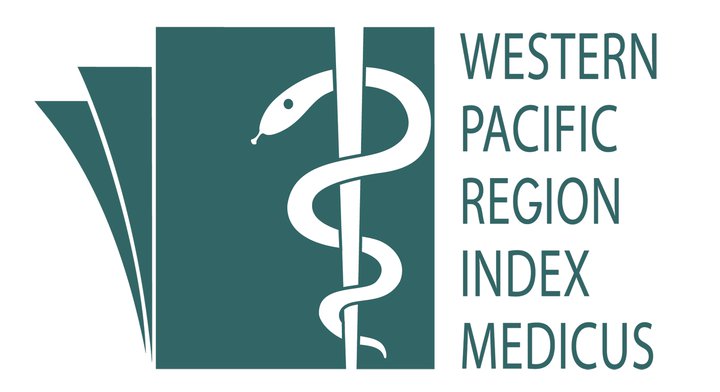Job Stress among General and Special School Teachers in Jahrom City, Iran
DOI:
https://doi.org/10.17576/ijphr.1301.2023.01Abstract
Introduction: Teaching is among the careers which are associated with a lot of stress. Occupational or job stress is an unfavorable mental state which is caused by the workplace environment and can seriously impede employees’ performance.
Objectives: The purpose of this research was to compare occupational stress among general and special school teachers.
Methods: 84 teachers (42 were general school teachers and 42 were special school teachers) from Jahrom, Iran were selected as study samples. Special school teachers and general school teachers were chosen using convenience sampling and multistage random sampling methods, respectively. Parker and DeCotiis’s job stress scale was used to assess job stress. The collected data were analyzed by two-way analysis of variance (ANOVA) and multivariate analysis of variance (MANOVA).
Results: Results showed that job stress and its subscales were significantly higher among general school teachers than special school teachers (p <0.05); however, there was no significant difference between male and female teachers in terms of job stress and its subscales (p<0.05).
Conclusion: According to the findings of this study, the Ministry of Education is recommended to prevent job stress by improving the level of services where general school teachers work and holding workshops with the aim of offering teachers some coping strategies to deal with stress in schools.
Keywords: Job stress, occupational stress, teachers, general schools, special schools
Downloads
Published
How to Cite
Issue
Section
License
Copyright (c) 2023 Ghorban Hemati Alamdarloo, Shahram Moradi, Sajedeh Moradi

This work is licensed under a Creative Commons Attribution-NonCommercial 4.0 International License.
IJPHR applies the Creative Commons Attribution (CC BY) license to articles and other works we publish. If you submit your paper for publication by IJPHR, you agree to have the CC BY license applied to your work. Under this Open Access license, you as the author agree that anyone can reuse your article in whole or part for any purpose, for free, even for commercial purposes. Anyone may copy, distribute, or reuse the content as long as the author and original source are properly cited. This facilitates freedom in re-use and also ensures that IJPHR content can be mined without barriers for the needs of research.





